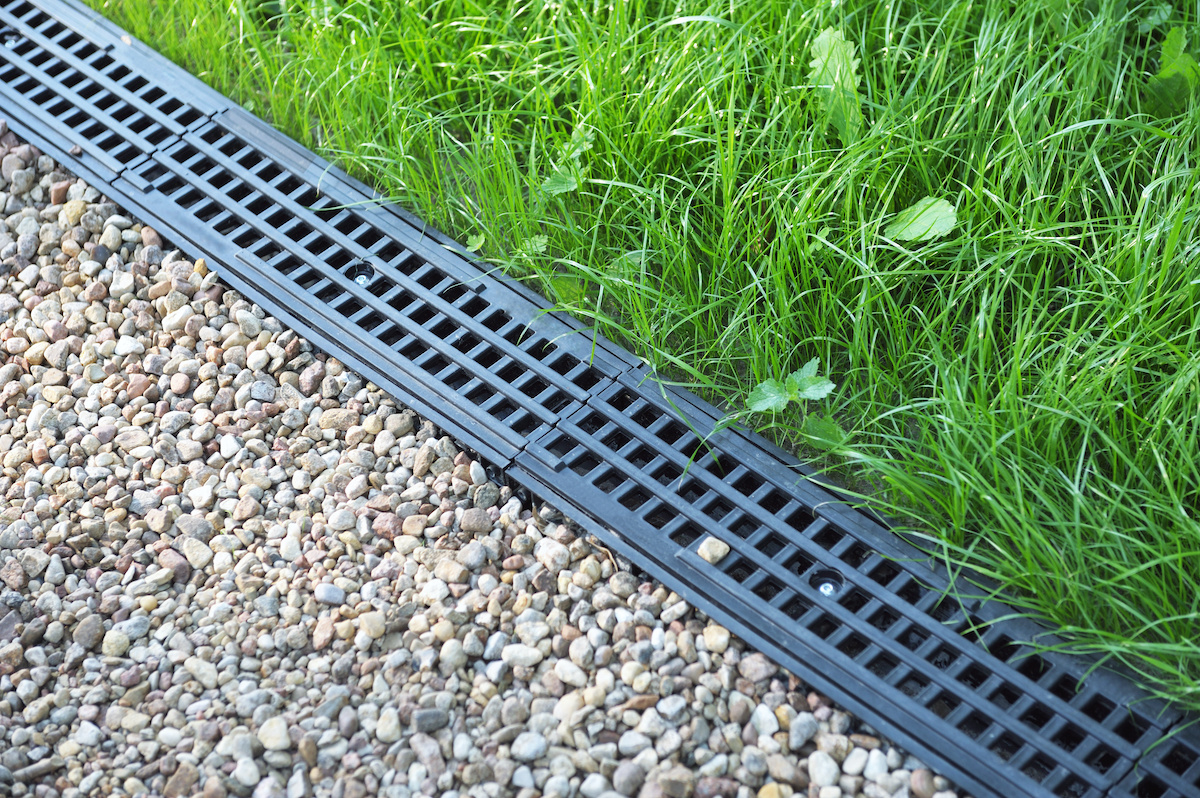Introduction:
In the intricate tapestry of urban and rural landscapes, efficient water management is a critical aspect that often goes unnoticed. Behind the scenes, drainage companies play a vital role in safeguarding communities from the detrimental effects of water accumulation. This article delves into the significance of drainage companies and how they contribute to maintaining the delicate balance of water flow in both residential and basement flooding commercial areas.

Understanding the Importance of Drainage:
Effective drainage is paramount for preventing waterlogging, erosion, and other water-related issues. Drainage systems are designed to redirect excess water away from structures, roads, and landscapes, ensuring that it doesn’t cause damage. Drainage companies are the unsung heroes that design, install, and maintain these systems to keep communities safe and secure.
Roles and Responsibilities of Drainage Companies:
Design and Installation: Drainage companies specialize in creating tailored drainage solutions based on the unique needs of a specific location. They conduct thorough site assessments to understand the topography, soil composition, and rainfall patterns. This information guides them in designing and installing drainage systems that efficiently manage water flow.
Maintenance and Repair: Regular maintenance is crucial to the longevity and effectiveness of drainage systems. Drainage companies provide ongoing services, inspecting and cleaning drains, gutters, and pipes to prevent blockages and ensure smooth water flow. In case of damages or malfunctions, these companies also excel in timely repairs and replacements.
Flood Prevention: In areas prone to flooding, drainage companies implement advanced solutions such as stormwater management systems, retention ponds, and flood barriers. These measures help in preventing the devastating consequences of flooding, safeguarding properties and lives.
Erosion Control: Drainage companies address soil erosion concerns by implementing erosion control measures. This involves strategic placement of barriers, vegetation, and reinforcement structures to stabilize soil and prevent erosion caused by water runoff.
Innovation in Drainage Technology:
The field of drainage has evolved significantly with advancements in technology. Modern drainage companies leverage innovative tools and techniques such as geospatial analysis, computer-aided design (CAD), and smart sensors to enhance the efficiency of their systems. These technologies enable real-time monitoring of drainage infrastructure, allowing for proactive maintenance and quick response to potential issues.